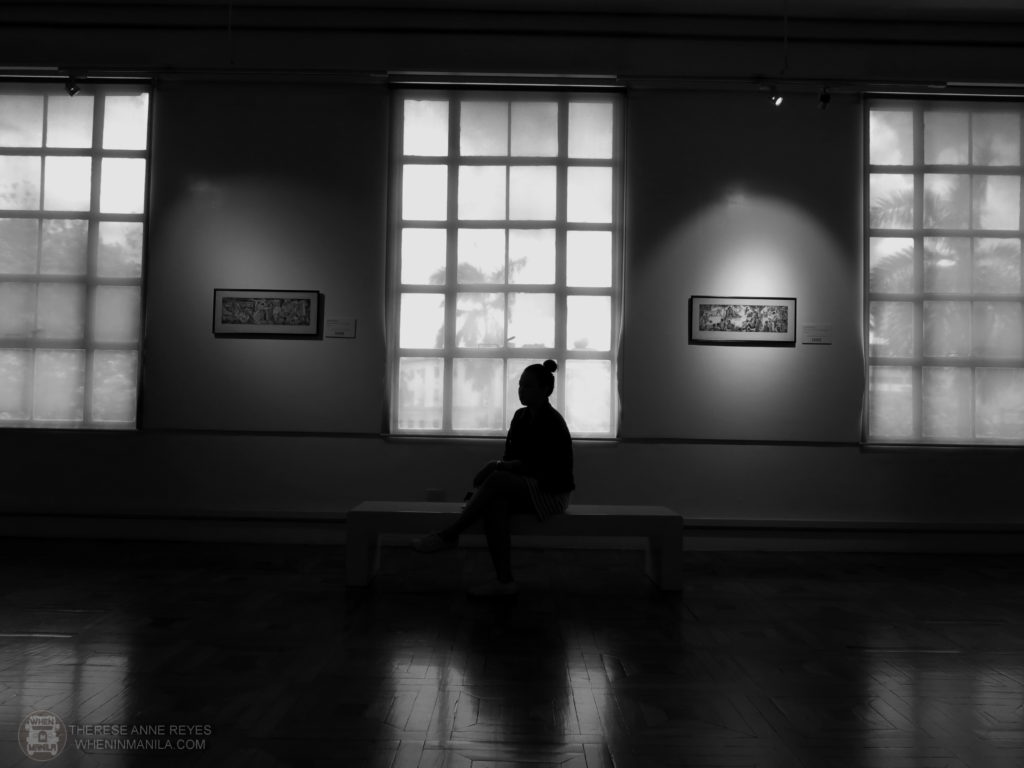A rollercoaster that goes up and down. That is how I would describe my mood. One week, you feel great and energetic; and the next, you can’t even get out of bed.
When I was a kid, I knew something was different about me. People would always tell me I had bad mood swings. I could be happy one day, then sad and irritable the next. I would be so irritable that people would hate me for it. It was a rollercoaster of emotions. It was hard. I couldn’t control it. It was like a switch in my brain. On and off. On and off.
The irritability was bad. It came to a point that it put a wedge between my family and me.
One day, after much deliberation with my inner self; I went up to my mom and told her that I needed help.
Together, we went to my first ever appointment with a psychiatrist. It was scary at first – to open up to a stranger and tell her all of your pent-up feelings. After a few sessions, opening up felt great.
Getting help and going to a doctor is not like magic. She won’t just give you a magic pill and everything will be fine. It takes time. It takes effort. Sooner or later, though, you will find the solution – that perfect cocktail.
In 2016, I was diagnosed with Bipolar II. I actually felt relieved. It fit this missing piece I was looking for. It answered the questions I was thinking of. Why do I feel this way? Why do I act differently? Why is my mind full of these negative thoughts? Why do I want to die?
(ALSO READ: Surviving Depression: How I Battled the Phantom Killer with a Pen and Notebook)
Bipolar disorder is full of ups and downs. You can be on a high one week and sink into depression the next week. It feels like something is pulling you to opposite directions.
The ups feel like you are on a cloud. You feel superior. You feel like you can do anything. I feel like I’m extra inspired. I would write articles at 3 or 4 in the morning during those episodes (I actually wrote this at 1AM). I would clean my room and rearrange all my books in the middle of the night. I could survive not sleeping at all. And I would feel great and energetic in the morning. However, after all that high, you crash. Depression creeps in.
The downs are like this dark cloud over your head. My thoughts would all be dark and negative. You are exhausted. Thinking alone is exhausting. Getting out of bed is too much to handle. Changing your clothes drain the little energy you have left in you. Sleeping is what keeps you sane. You are left with this empty shell. You feel alone. You want to be alone. I can get irritable. I snap at people. Certain things even certain sounds can drive me over the edge. It can get really bad. When depression hits you, it hits you like a ton of bricks. I remember thinking that I would never grow old because I was certain that I would die early. By natural causes or by my own doing. It was sort of my safety net. It was my way out.
(ALSO READ: This is What Depression Feels Like)
Other people may have different experiences. It’s not black and white. There’s no set of rules. There is no “How to be Bipolar for Dummies”. One person may experience it differently from the other person.
Living with an invisible illness can be challenging. It is challenging. However, with the right tools and the right people; you can overcome it. You can be stronger than your condition.
Being aware and accepting that you need professional help is the first step. There is no shame in going to a doctor for help. Your doctor is your friend. I see my doctor as a person I can tell anything to because I know I won’t be judged. It may be hard to open up at first; but as time goes by, telling your doctor will be like telling your friend.
Another thing that really helped a lot is joining a support group. I know what you are thinking – and no, it’s not like in the movies. It is just a bunch of people who are going through the same challenges you are going through. You share with the group (you are not required to share) how you’ve been and how you’ve been coping. You can even share how your day was. There is no judgement. It is a safe place. A very wise person once said that “sharing is liberating” and I really believe that.
(ALSO READ: Here’s a Project Led by Students that Gives Hope to People Battling Mental Health Issues)
There is this support group called Mood Harmony in Makati Medical Center where people living with mood conditions gather every month to talk about life, in general. Life with a mood disorder. I’ve been going for almost two years now, and I can tell you that it has really helped me. You learn so much. You learn how to manage your condition with the help of others. You learn from people, but you also help other people. Imagine 10 people holding your hand through all of those ups and downs. That is what a support group means to me.
You can be battling depression, anxiety or any other illness; but you are never alone. There will be someone who will guide you through that dark time. Forget about what other people might say. Your condition does not make you. You have control over it. You are not your illness. You are strong! Break that stigma!
I can now say that I live with a bipolar condition, but I am not my illness.
Mood Harmony
Makati Medical Center
(02) 888 8999






